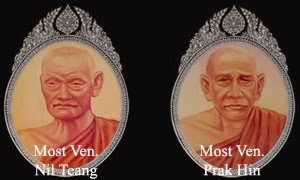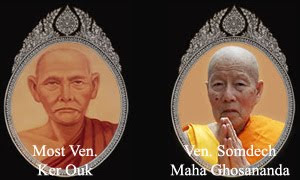Money is given too much importance in today’s world. During the earlier times, there was no money and people lived with whatever was available to them. Later on they started to store the rice and so forth and quarreled with one another and thereby conflict started. At present, science and technology have improved so much and people’s needs have also increased. This causes lots of complications in society.
There are four basic necessities in a person’s life. They are food, clothes, shelter, and medicine. According to the Vinaya Pitaka, monks should have only these four basic requisites and they should share it with other monks and be satisfied with what they get from lay devotees. Lay people have more responsibilities than monks and their lives are very complicated. Money plays an important role in their lives and they have to find everything for themselves as nobody supports them. The teachings of the Buddha have elements of economics in it also.
The economic theory of Buddhism can be explained thus:
1. Endowment of industry (Utthana-sampada)
This states that a man should be virtuous, responsible in duties, and hard working. He should be righteous in action, speech, and thought. One who is virtuous manages to avoid the six causes of ruin (Apayamukha) as they act as obstacles to work. One should avoid five trades namely:
1. Trading in weapons
2. Trading in human beings
3. Trading in meat
4. Trading in intoxicants
5. Trading in poisons
2. Endowment of protection (Arakkha-sampada)
This states that one has to protect the wealth that is acquired through right means and should not squander wealth. One should avoid six causes of ruin.
1. Addiction to drinks and drugs
2. Addiction to nightlife
3. Addiction for entertainment
4. Addiction for gambling
5. Bad company
6. Insolence in work
3. Association with good friends (Kalyanamittata)
This states that householders should have friendship with good people. A friend can cause the improvement or loss of a family’s economy. Make friendship only with wise people and avoid the friendship of the fool.
4. Balanced life-style (Samajivita)
This literally means to live in accordance with one’s own status. One should be careful and aware of the income and expenditure of the family. One should avoid extravagance and avoid debts.
In order to bring happiness and economic security for householders, the Buddha said:
One portion let him spend and taste the fruit.
His business to conduct let him take two.
And portion four let him reserve and hoard.
So, there’ll be wherewithal in times of need.





0 comments:
Post a Comment